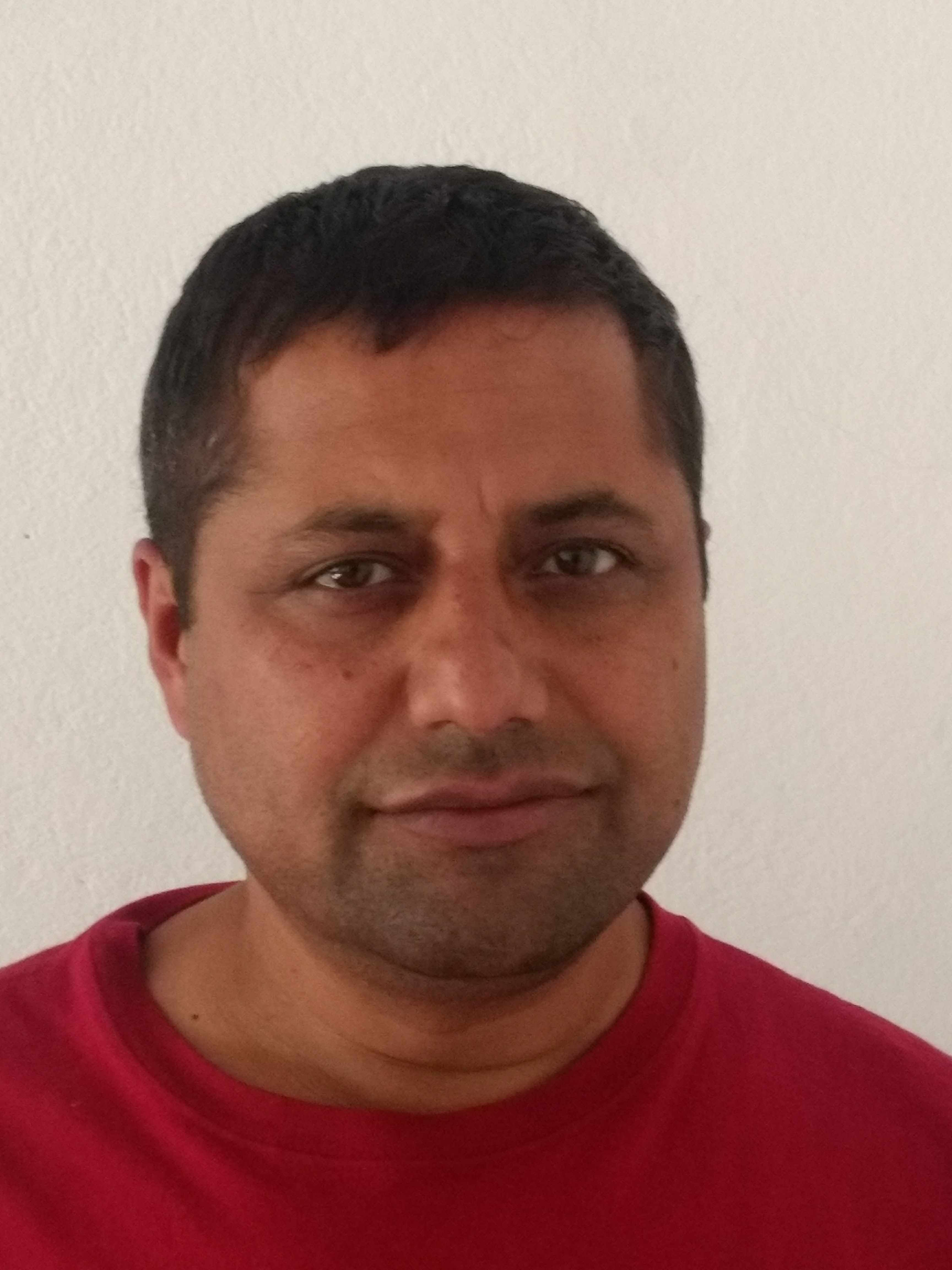Columns
Better teachers, better education
There is an urgent need for systemic reforms in how we teach our young students.
Sunil Pokhrel
What skills, knowledge and dispositions do Nepali school teachers need to create an effective teaching-learning environment? Do Nepal’s teacher education programmes and teacher educators work in tandem to foster future teachers’ academic capacities and dispositions? Do we have graduates in the majority from such programmes committed to helping every child succeed? Many unanswered questions exist about the quality of Nepal’s teacher preparation programmes affiliated with various Nepali universities.
The National Assessment of Students Achievement (NASA), conducted by the Education Research Organisation, a government body, suggests that public school students’ achievements in core subject areas have been spiralling downwards over the years, indicating an urgent need for systemic reforms in how we teach our young minds. One area that needs immediate attention for reformation to improve students’ meaningful learning is the teacher preparation process in Nepal. The weighty examination(s) of the current status of teacher preparation programmes could illuminate what prospective Nepali teachers are taught and capacitated to do instead of what they should know and be able to do.
It is redundant to state here that Nepal’s public schools, by and large, operate on factory-model practices. The teachers who simply stand still and give lectures attend public school classrooms. Students sit in rows and columns, facing the lecturing teachers all day passively, leading to a severe lack of interaction. Students’ lived experiences and cultures seldom find space in their teachers’ instructional approaches.
The incorporation of advances in the content and pedagogy in the education sector takes an unacceptably long time to appear in the curriculum and classroom practices. On the other hand, the evaluation system’s priority is to measure students’ academic abilities through high-stake exams. Worst of all, most teachers do not possess the relevant and adequate knowledge, skills, and disposition for effective teaching.
The low competency of teachers is evident, but it is not without reasons. It is most likely tied to how teachers are prepared. Nepal teacher education programmes, the completion of which is a paramount pathway to becoming a teacher, are prototypes of typical Nepali public school classrooms. The future teachers are lectured and encouraged to memorise for the standardised exams.
In one research I conducted on the instructional approach of Tribhuvan University’s science teacher educators teaching bachelor’s in education (BEd) in science, I found that lectures were the staple instructional approach of the teacher educators. Students had no opportunities to engage in scientific explorations and collaborations. Similarly, teacher preparation programmes did not require or encourage their teacher educators to practice the instructional approaches that are proven effective and friendlier to students.
The result of the teacher-centred teaching focused on covering the curriculum in the teacher preparation programmes is an unfortunate case of an apprentice of observation for future teachers. Apprentice observation is an assumption that the experience and techniques novice teachers bring to their classrooms are governed by their years as students. It is believed that novice teachers’ beliefs, attitudes, and instructional styles are shaped by what they have experienced as students, particularly during their time as student teachers. Considering this assumption, it is a safe bet to state that Nepali teachers’ low-quality teaching is manifested by the low-quality preparation they receive from the teacher preparation programmes. A cycle that has been repeating itself in the educational system.
Nepal’s policy papers acknowledge that student-teachers receive low-quality training and education despite the demand for a higher standard of learning, given the rapid evolution of digital technology. The policies recognise that teachers need greater knowledge and skills to contribute to student learning, but teacher education programmes have yet to produce effective educators. For example, the School Education Sector Plan (2022/23-2031/32) mentions that the “universities have not been able to develop practical pedagogical skills on the part of the prospective teachers.” The plan, however, fails to include ways to strengthen the training programmes to produce teachers of high competence. A clear gap exists between what the policies envision and the competencies Nepal’s university-affiliated teacher education programmes prioritise for their students.
Unfortunately, the universities and their teachers put lackadaisical effort into supporting national policy aspirations to make school teachers a progressive education practising force. It is incumbent on the teacher educators and the preparation programmes to acknowledge the need to utilise progressive education practices for the purpose of preparing teachers. The teacher educators’ actions can inspire and encourage young graduates to enact student-friendly progressive teaching practices. If the teacher educators transform themselves into an advanced lot, the apprentice of observation in this situation is likely to prevent bad-quality, irrelevant instructional activities from our future teachers.
The popular narrative is to blame the teachers for the low academic achievement of students. However, people do not recognise that the teachers’ quality is deterministic to the quality of training they receive at the teacher preparation programmes. If we are to expect better output from students, there is a need to revamp Nepali teacher education programmes’ curriculum, teaching practices, the amenities students receive as student-teachers, and perhaps most importantly, the attitudes and beliefs of the teacher educators as well as the programme leadership. Furthermore, the education programmes need to define time-relevant standards for teacher preparation for all subjects. That way, the prospective teacher knows what skills, knowledge, and dispositions are expected of him/her, and the programmes likely strive to meet the standards they set for themselves, their teachers, and students. It is not only the teachers who fail their students; the system also does.




 17.56°C Kathmandu
17.56°C Kathmandu















